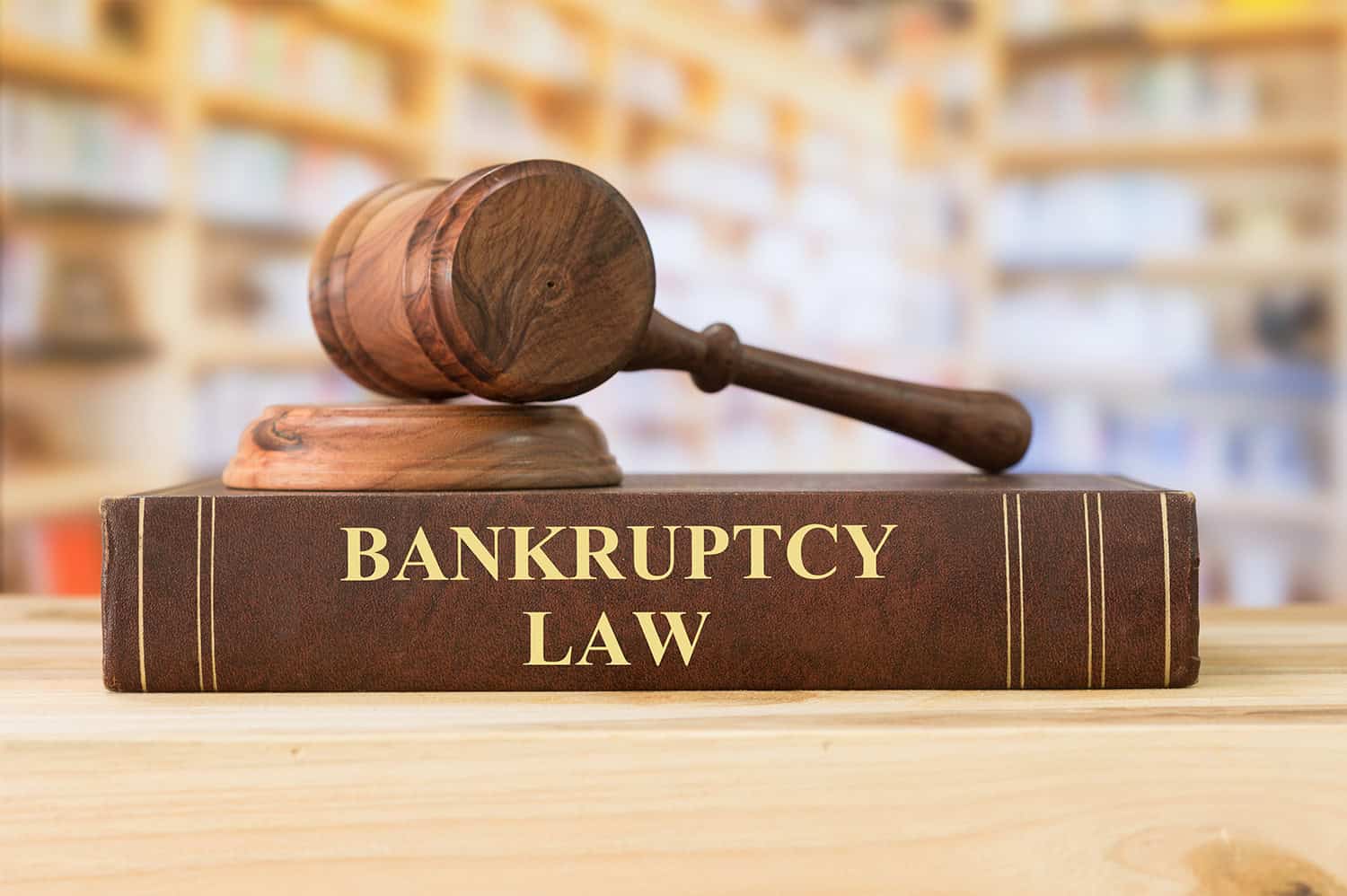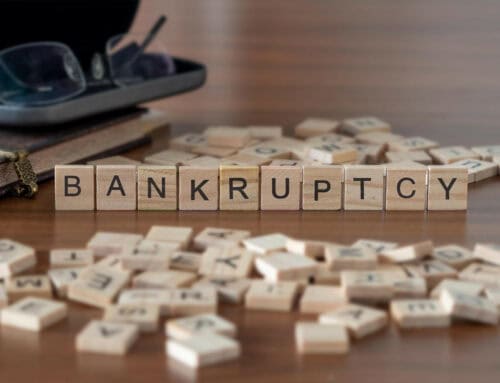How Often Can You File for Bankruptcy?
Financial issues can happen to anyone at any time. If you’ve filed for bankruptcy before, it is natural to wonder when you can file again. The answer depends on the particulars of your situation, namely the chapter you filed most recently and the chapter you need to file now. For instance, Chapter 7 discharges are possible every eight years, but you can file for Chapter 7 sooner if you underwent Chapter 13 before.
How Often You Can File
If you filed Chapter 7 before, you have to wait eight years before filing Chapter 7 again. However, if you plan to file Chapter 13, the wait is four years.
If you filed Chapter 13 before, the wait to file Chapter 13 again can be just two years. Meanwhile, you may have to wait six years (sometimes less) before filing for Chapter 7. For instance, if you filed Chapter 13 before and have paid your unsecured creditors in full, you may be able to file for Chapter 7 in four years.
An attorney can help you determine when a good time to file is and what chapter you should file under. Go by filing dates as the date you start counting. Don’t go by discharge dates.
Overall, there is no limit as to the total number of times you can file.
Can You File Just To Give Yourself More Time?
The purpose of bankruptcy filings is to give people relief from their debts. For instance, Chapter 7 offers the elimination of some or all debts, and Chapter 13 allows for debt restructuring and repaying.
However, people might file for bankruptcy but not intend to follow through all the way to discharge. They may do this for various reasons such as to give themselves more time in dealing with a foreclosure or lawsuit. Similarly, they may want to use a bankruptcy filing to escape a creditor, even if only temporarily.
Courts dislike bankruptcy filings not made for legitimate debt relief reasons, and they can be called abusive. You should file only if you intend to follow your case through.
What If There Was No Discharge the First Time?
Sometimes, people file for bankruptcy but do not get a discharge. It is possible to try again and receive a discharge this time around, but time limits can apply.
You may have to wait 180 days if the court dismissed your first case and you did not follow a court order. Courts can dismiss cases for these reasons, among others:
- You forgot to file a certification that you took a credit counseling course.
- You committed bankruptcy fraud, for example, inaccurately disclosing your liabilities, income, and assets.
- You did not file the necessary forms and supporting documents.
An automatic stay might not apply in your case if you are filing for repeat bankruptcies in a short time period. Automatic stay orders keep creditors from collecting and can reduce stress and give you breathing room. A lot of nuances can be involved, and an attorney can be helpful in discussing your case.
Important Things To Know Before Filing Again
Avoid filing for a different bankruptcy chapter just so you can file sooner. For example, someone might be tempted to file for Chapter 13 after previously filing for Chapter 7 since the waiting period is shorter than filing for Chapter 7 again. An attorney can help you figure out which chapter is right for you.
For example, Chapter 7 is means-based. The court expects you to know whether you qualify before you file. Otherwise, if you file for Chapter 7 and the filing fails to meet the means test, this could be considered an abusive bankruptcy filing.
You generally can’t have filed for Chapter 7 in the past eight years, Chapter 13 in the past six years, or undergone a Chapter 7 dismissal in the past 180 days (exceptions can apply). Credit counseling through an approved agency before filing is necessary, too.
To file for Chapter 7 in California, your income can be below the state median for your household size. If your income is above the median, you may still qualify for Chapter 7 (not having enough disposable income to repay your debts) if you have large expenses such as a hefty mortgage or rent payments. Other deductions you can make from your income include food and clothing costs, tax and insurance payments, utilities, childcare expenses, and car loans and other secured debts.
In Chapter 13, you should have the disposable income to repay at least part of your debts in installments over three to five years. Chapter 13 can be appropriate for people with regular income higher than the California median for their household size.
Contact a Bankruptcy Lawyer Today
Whether you have filed for bankruptcy before or are thinking about doing it for the first time, a lawyer can help. Contact us at the Law Offices of Brent D. George for a free consultation.
Disclaimer: This article is intended for informational purposes only and does not constitute legal advice. For personalized assistance, please contact our office at (805)494-8400.






